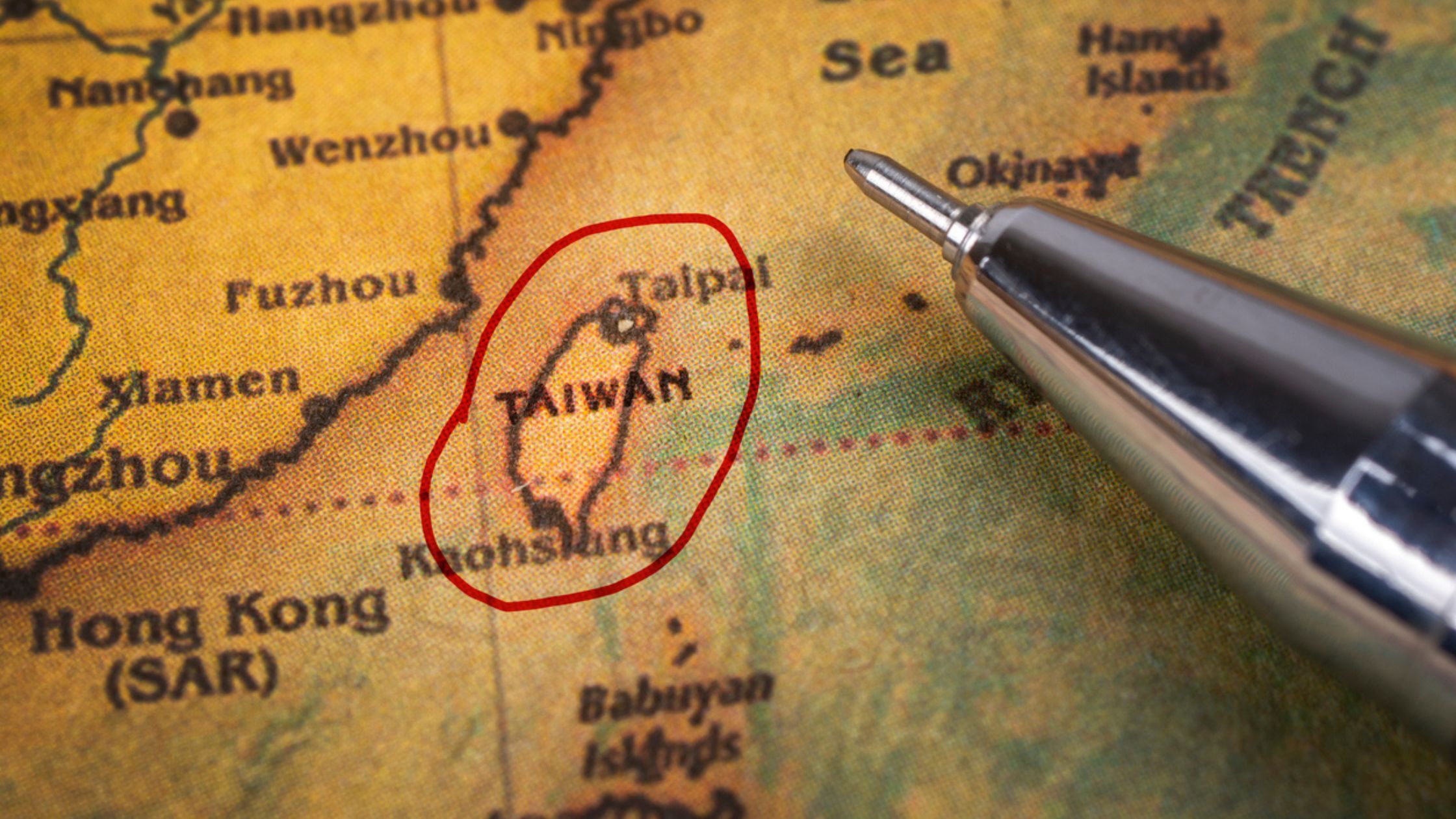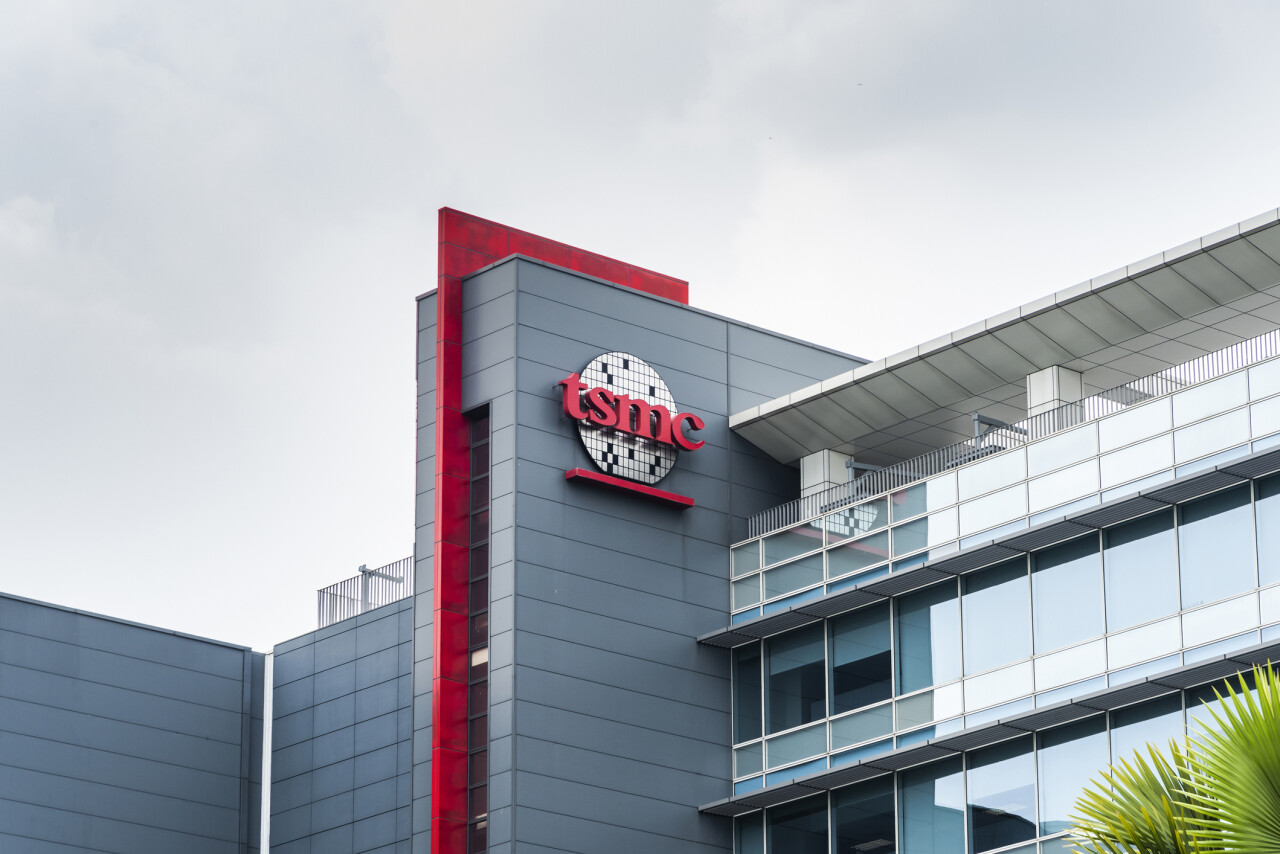TIPO Issues Draft Amendments to Regulations Governing the Determination of Patent Term Extension
Draft amendments have been made to Articles 4 and 10 of the Regulations Governing the Determination of Patent Term Extension, the Taiwan Intellectual Property Office (TIPO) announced recently. Firstly, the amendment to Article 4, Paragraph 2 states that the specific patent agency may rely on documents that indicate the period of domestic and/or foreign clinical trials conducted for obtaining a marketing approval of a drug from the central competent authority in charge of the business as criteria for determining the extension of the patent term. The Specific Patent Agency does not need to send the documents to the central competent authority for confirmation. Another part of Article 4 states that during examination for marketing approval, the central competent authority in charge of the business shall confirm documents that indicate the period of domestic and/or foreign clinical trials and a data sheet for data exclusivity and domestic and/or foreign clinical trials submitted by an applicant. If there is any difference between the results confirmed by the central competent authority and the data sheet submitted by the applicant, the difference shall be corrected on the data sheet and approved by the central competent authority. Since the central competent authority has confirmed the period of domestic and/or foreign clinical trials conducted for obtaining a marketing approval, the specific patent agency can determine and calculate the period of domestic and/or foreign clinical trials based on the data sheet confirmed by the central competent authority. Hence the proviso ‘sent by the specific patent agency’ in the current regulation is deleted. This means, in effect, that the specific patent agency does not need to send the data sheet to the central competent authority for confirmation.
Taiwan Updates IPCAA
The Intellectual Property Case Adjudication Act has been updated as part of an ongoing plan to overhaul and clarify the regulatory functions to create a more efficient and up to date litigation system for the modern era. Some of the highlights are as follows:
- The IP and Commercial Court will have jurisdiction over civil matters of trade secret infringement unless both parties agree on another forum. For general crimes related to trade secrets in the first instance, including those supplemented with civil actions, will be handled by the first instance court of the IPCC. Concerning crimes that undermine significant trade secrets relating to national core technologies, the trials will be under the jurisdiction of the second instance court of the IPCC, which is the same level as a high court. Moreover, the Supreme Court will establish a dedicated tribunal or division for hearing a case that is under appeal.
- Some types of cases that will include mandatory representation by an attorney-at-law include: litigation in the first instance with a claim for a significant amount, litigation in the first instance involving patents, computer program copyrights and trade secrets, litigation in the second instance, litigious and non-litigious cases in the third instance, and retrials of remanded cases. The court will organize with the disputing parties a trial schedule with a timeframe for both parties to state their arguments and investigate evidence.
- The court may, at a party’s request, select a neutral technical specialist who would be permitted to enter a defendant’s premises to collect evidential material during a pending litigation. In the case of a software infringement, for example, an inspector would be able to run the computer program using the same device in order to determine whether the steps of the claimed method were executed. This inspection system will be a useful tool for investigations especially involving new technologies when most of the evidence might lie with one particular party. The procedural principle of equality will thus be upheld with this new rule.
- The IPC Court has the option of ordering Technical Examination Officers to assist judges in investigating the technical issues in a given case. A Technical Examination Officer may be requested to produce an advisory report giving details of the technical analysis. The court also has the option of publishing the entirety or a section of the advisory report. Any item of technological knowledge acquired by the court solely as a result of the advisory report shall be made available for both parties’ arguments before entering the courts’ deliberation.
TIPO Invites SMEs to Seminars on Increasing Patent Capacity and Value
The Taiwan Intellectual Property Office has recently offered seminars on Increasing Patent Capacity and Value for SMEs and academic institutions to become more familiar with patent affairs. The seminar invited TIPO patent examiners to teach courses on patent application, examination and patent searches. Depending on the different fields of expertise of the participating organizations, participants and instructors had the opportunity for further in depth discussions. The seminars have had a track record of over 90% overall satisfaction rate over the last five years. The statistics also show that in 2020, the number of invention patents filed by companies that participated in the seminars in 2019 increased by 47% compared with the previous year.
Taiwan Intellectual Property Act Passes Third Reading
Proposed amendments to the Intellectual Property and Commercial Court Organization Act passed their third reading on 11 April, 2023. According to the changes, all first appellate court trials on the alleged theft of technology considered critical to national security would be handled by the Intellectual Property and Commercial Court. Specifically, the court’s jurisdiction would extend to first trial cases for alleged contraventions of Article 13-1 of the Trade Secrets Act, as well as all related civil lawsuits, and second trial cases on alleged breaches of the Trade Secrets Act. Contravention of the acts in foreign territories, including China, Hong Kong or Macau, would be considered eligible for prosecution under the Intellectual Property and Commercial Court Organization Act, the amendments say. The proposed amendments are in line with amendments to Article 18 of the National Security Act, approved on June 18,2022, which considers trade secrets a part of national security. A previous amendment to the act on January 12, 2023, states that contravening an investigation confidentiality protective order would no longer observe the principle of no trial without complaint, and that offenders could face up to five years in prison and a fine of NT 3 million dollars due to the seriousness of the charge and the potential repercussions to national security.
China’s National Intellectual Property Administration Releases 2023 Administrative Protection Work Plan
On March 7, 2023, the China National Intellectual Property Administration (CNIPA) released the 2023 National Intellectual Property Administration Protection Work Plan. The Plan mentions cracking down further on abnormal (irregular) patent applications and malicious registration of trademarks, completes the revision of the Implementation Rules of the Patent Law, and promotes the revision of the Trademark Law. Some highlights of the Plan are as follows:
- The improvement and implementation of the intellectual property protection system shall be promoted. The amendment of the Detailed Rules for the Implementation of the Patent Laws shall be pursued forthwith.
- There will be a crackdown on abnormal patent applications and malicious registration of trademarks. Patent application activities will be standardized, a rapid handling linkage mechanism will be established, the precise management list system for patent applications will be improved, the active verification and reporting mechanism will be improved, and the credit supervision and policy constraints on units and individuals that submit abnormal patent applications will be strengthened.
- The management of key violations such as fraudulent use of other people’s identity information to apply for patents shall be strengthened, and if suspected crimes are found, the concerned individuals will be notified or transferred to the relevant judicial organs.
China Issues Draft Amendment to the Trademark Act
The China National Intellectual Property Administration recently took steps to amend the Trademark Act and announced the contents of the Draft Amendment in order to solicit opinions from as wide a section of society as possible. Some of the most notable highlights are as follows:
- Trademark owners will need to actually use their trademarks and it will not be acceptable to reregister unused trademarks every 3 years in order to maintain their validity. The idea is that duplicate filings are a waste of examination resources, so it’s appropriate to close this loophole.
- Trademark owners will be obliged to explain to the relevant authorities the status quo concerning the use of their trademarks every five years. Not complying with this regulation will result in a waiver of the trademark rights and cancellation of the registration. It is hoped that this regulation will force potential and actual trademark owners to consider more carefully about how seriously they need to have a trademark and also that they have a plan to use it.
- The use of a trademark on the internet will now be considered as a valid use referred to in the Trademark Act. Since the internet has increasingly become a popular place for buying and selling goods and services, the Draft Amendment will incorporate using a trademark on the internet as a legitimate use of the trademark.
- Enterprise names and social organization names will be included as prior rights or interests. For a trademark to be registered it cannot encroach upon the existing prior rights of others, so enterprise names and social organization names will be included as another protection object along with those that already have prior rights such as holders of geographical indications, portrait rights, design patent rights, name rights, copyrights and trade name rights.
- Bad faith trademark filings will be dealt with severely. The amendment adds more details about what qualifies as a bad faith filing, and the corresponding penalties will be increased.










 Deep & Far Attorneys-at-law
Deep & Far Attorneys-at-law Yu-Li Tsai
Yu-Li Tsai Lu-Fa Tsai
Lu-Fa Tsai C. F. Tsai
C. F. Tsai







